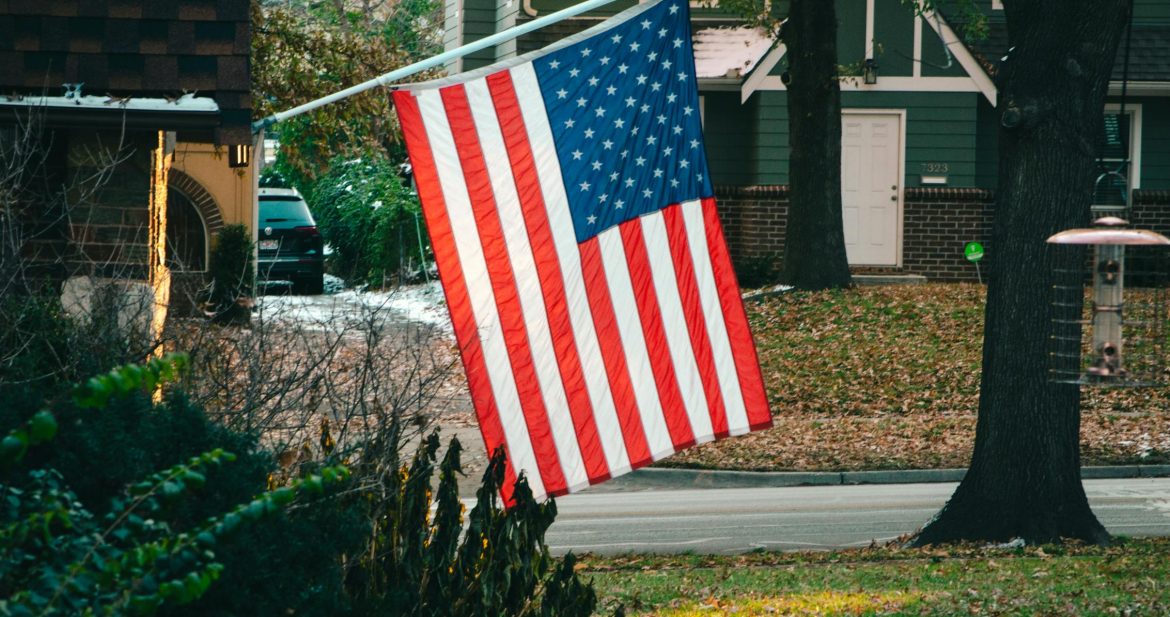The Trump administration has announced it will revoke the legal status of more than 530,000 migrants from Cuba, Haiti, Nicaragua, and Venezuela, ending a key immigration program launched during the Biden presidency. The move, which impacts individuals admitted through the CHNV humanitarian parole program, is set to take effect on April 24, 2025.
The program, formally known as the CHNV (Cuba, Haiti, Nicaragua, Venezuela) Humanitarian Parole Process, allowed migrants from the four countries to legally enter and remain in the United States for up to two years, provided they had a U.S.-based sponsor and passed background checks. It was initially created to provide a lawful pathway for people fleeing humanitarian crises in their home countries.
According to the Department of Homeland Security, the program no longer serves a compelling public or humanitarian interest.
“The CHNV program was introduced as a temporary response, but we believe it is no longer aligned with the priorities of this administration,” said DHS Secretary Kristi Noem in an official statement.
Scope of the Termination
Since its inception in late 2022, the CHNV program has admitted approximately 535,000 individuals—primarily through flights directly from their home countries. It had been widely seen as a tool to reduce irregular border crossings by offering a controlled, legal process.
The termination does not apply retroactively to all parolees immediately. However, beginning April 24, no new entries will be accepted under the program, and individuals with expired or expiring parole periods may face deportation unless they qualify for an alternate form of immigration relief.
Additionally, those awaiting approval under the program will have their applications automatically denied.
Legal and Political Reactions
The announcement has triggered immediate backlash from civil rights organizations and immigration attorneys. On March 27, three advocacy groups—including CHIRLA, UndocuBlack, and CASA—filed a joint lawsuit in federal court, arguing that the policy change endangers individuals who entered legally and built lives under the framework provided by the U.S. government.
“Terminating this program with minimal notice places hundreds of thousands at risk of detention and deportation,” said the legal filing. “Many of these individuals now face irreparable harm.”
Lawmakers from both parties have also raised concerns, especially those representing districts with significant Cuban, Haitian, and Venezuelan populations.
Rep. María Elvira Salazar (R-FL) called the decision “deeply disruptive” and has urged the administration to offer transitional protections or alternatives to avoid mass removals.
Implications for Migrants
The program’s termination leaves many individuals and families uncertain about their legal future in the U.S. Migrants currently residing under humanitarian parole status will not be eligible for renewals under CHNV and may be subject to deportation proceedings once their parole period expires.
Work authorizations tied to the program will also lapse unless beneficiaries manage to adjust status or qualify for asylum or other relief programs—paths that are notoriously difficult and lengthy.
Many had fled life-threatening conditions and re-established their lives in the U.S., working legally and contributing to their communities. Advocacy groups warn the abrupt policy change may encourage irregular migration, precisely what the CHNV program was designed to reduce.
What Happens Next
The Biden-era CHNV program was praised by international partners and humanitarian organizations as a model for structured migration from crisis-affected regions. Its termination signals a broader recalibration of U.S. immigration policy under the Trump administration.
As the April 24 cutoff approaches, legal challenges are underway, and immigration attorneys are preparing for a surge in emergency filings to protect vulnerable parolees. DHS has not yet clarified whether there will be any grace period or alternative legal options for affected individuals.
The Trump administration’s decision to end the legal status of more than 530,000 migrants represents one of the most significant immigration reversals since returning to office. With political pressure mounting and legal battles intensifying, the fate of hundreds of thousands now hangs in the balance.
For many, the question is not only how the U.S. enforces immigration laws—but how it honors the commitments made under them.





